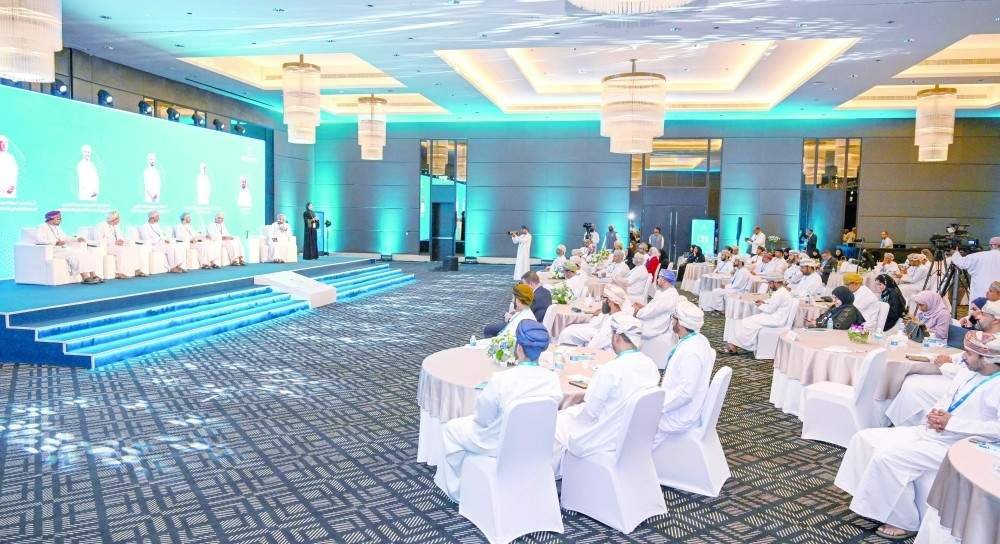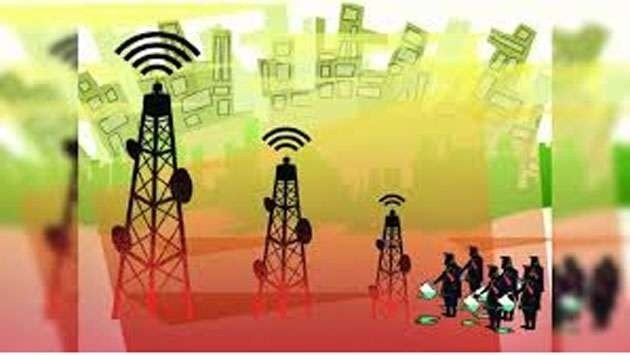ISLAMABAD: Pakistan’s long-awaited 5G rollout is in serious jeopardy, warned Federal IT and Telecom Minister Shaza Fatima Khawaja, citing a combination of high input costs, excessive taxation, and ongoing legal disputes over critical spectrum bands. She admitted that these challenges, coupled with the sector’s low revenues, are threatening to derail the country’s next-generation mobile rollout.
Briefing the National Assembly Standing Committee on IT & Telecommunications, Khawaja revealed that Pakistan’s telecom sector operates with only 274 MHz of spectrum, far below regional benchmarks such as Bangladesh’s 600 MHz. She noted that nearly all telecom operators are currently operating at a loss, leaving little to reinvest in infrastructure or expansion.
Although Prime Minister Shehbaz Sharif had approved the 5G spectrum auction for December 2025, Khawaja warned it could be delayed until January 2026 due to unresolved hurdles — notably the Telenor–PTCL merger and litigation involving 154 MHz of spectrum in the 2600 MHz band, a prime frequency for 5G. “If we proceed with the auction while litigation remains unresolved, it will fail,” she cautioned.
Committee members voiced frustration over poor telecom performance. Lawmaker Zulfiqar Bhatti decried the lack of connectivity in his constituency, while Ahmad Ateeq criticized the government’s focus on major cities at the expense of smaller towns. The minister attributed these service gaps to limited spectrum capacity, stressing that “even thousands of towers won’t solve the problem without more spectrum.”
The committee also questioned the Pakistan Telecommunication Authority’s (PTA) oversight and urged immediate improvement in service quality nationwide. Additional discussions highlighted delays in the Islamabad IT Park project, financed by South Korea, and ongoing submarine cable repairs near Yemen, which temporarily disrupted internet services but were mitigated through alternate routing.
As Pakistan pushes forward with digital transformation goals under Vision 2025, the telecom sector’s financial strain and regulatory gridlock threaten to stall progress on one of the most anticipated technological milestones in the country’s digital journey.















